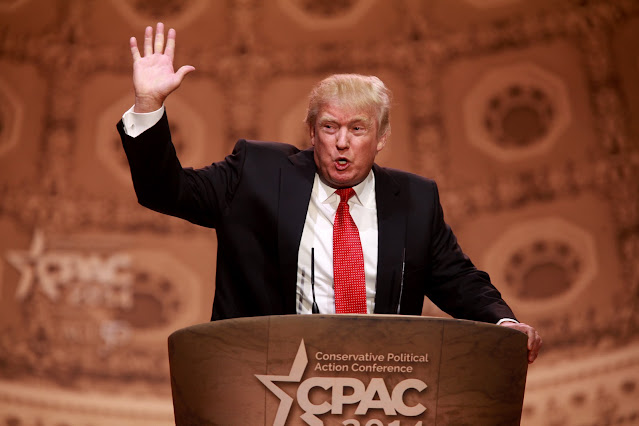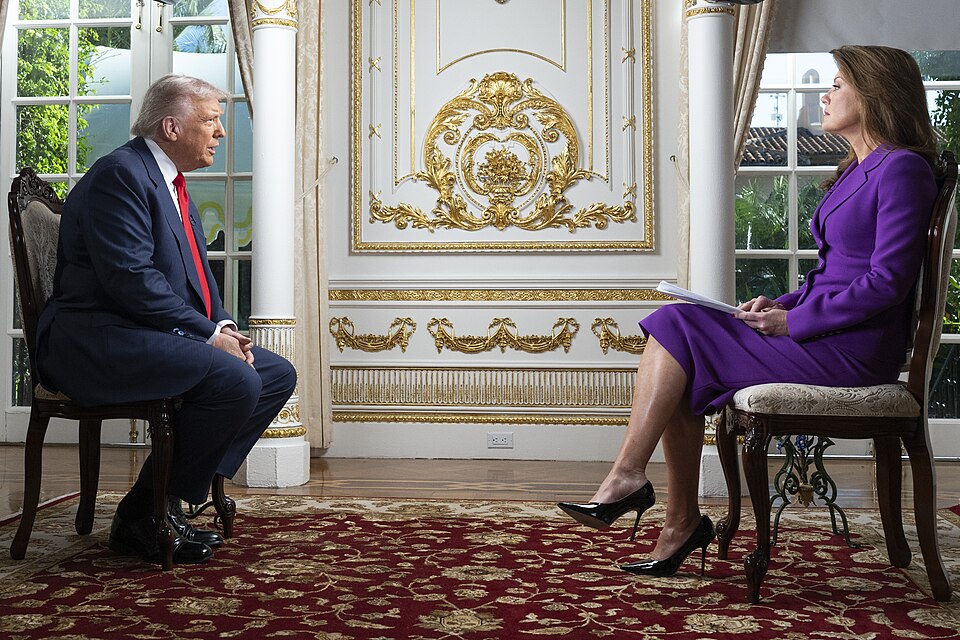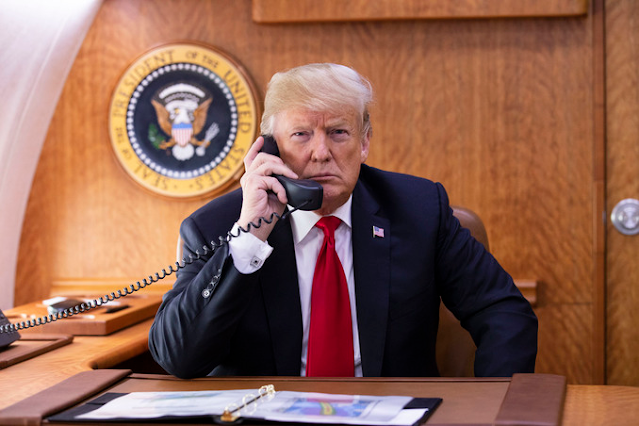
1. Trump’s Demand for Citizenship Documents at Voter Registration – Blocked
In one of the most controversial moves of his post-presidency, Donald Trump issued Executive Order No. 14248 mandating that all Americans present documentary proof of U.S. citizenship—like passports or REAL ID—when registering to vote using the federal form. It sounded simple. But the problem? This requirement wasn’t just tough—it was likely illegal.
According to the federal court, Trump’s directive directly violated the National Voter Registration Act (NVRA), which Congress designed to make voter registration more accessible, especially for low-income and marginalized citizens. The law only requires a signed attestation of citizenship, not actual documents. What Trump proposed would have forced millions of eligible voters to dig up rarely-used papers or risk disenfranchisement. The court noted that many Americans—especially young people, the elderly, and the poor—don’t have passports or REAL ID readily available.
Even worse, Trump tried to bypass Congress entirely, forcing an independent federal agency—the Election Assistance Commission (EAC)—to rewrite federal election rules at his command. The judge called out this power grab, stating plainly: The president has no authority to dictate the content of voter registration forms. That power rests with Congress and the bipartisan EAC through public processes—not unilateral White House memos.
This provision, known as Section 2(a), wasn’t just frozen—it was dismantled in court, exposing the shaky legal ground beneath Trump’s push. If implemented, it could’ve led to mass confusion, costly overhauls of state systems, and large-scale suppression of legal voters. In trying to “protect elections,” the court concluded, Trump’s order would’ve done the opposite.






